If you're searching for how to use nutmeg in cooking, here's what professional chefs recommend: add freshly grated nutmeg to creamy sauces, mashed potatoes, and ground meats for balanced warmth without overpowering heat. Use just 1/8 teaspoon per serving for perfect flavor enhancement - too much creates bitterness. This versatile spice transforms everyday dishes when used properly, working especially well with dairy, meats, and certain vegetables.
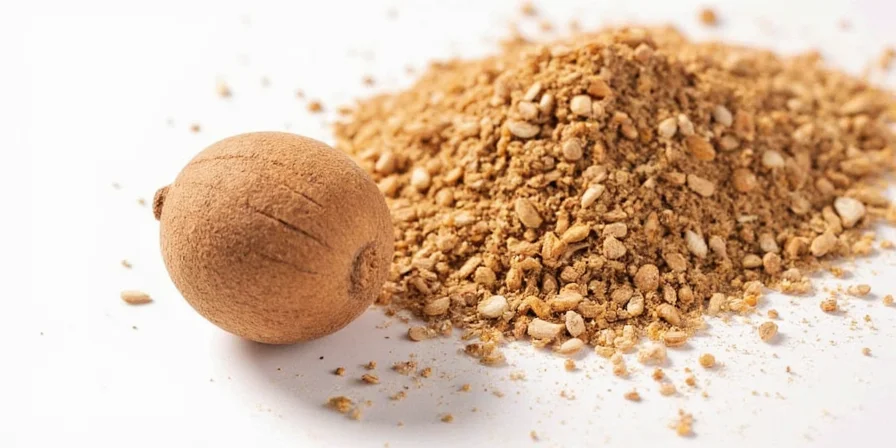
Table of Contents
- What Is Nutmeg and How to Use It Properly
- Nutmeg Basics: Fresh vs Ground and Storage Tips
- 5 Best Nutmeg Uses in Everyday Recipes
- Perfect Flavor Pairings with Nutmeg
- Common Nutmeg Mistakes to Avoid
- Why Nutmeg Works: Simple Science Explained
What Is Nutmeg and How to Use It Properly
Nutmeg comes from Myristica fragrans seeds (not nuts), making it safe for those with nut allergies. Its close relative mace comes from the same seed's outer coating and offers a milder flavor. Understanding this nutmeg vs mace difference helps you choose the right spice for your dish.
| Spice | Best For | How Much to Use |
|---|---|---|
| Nutmeg | Hearty dishes like stews, meatloaf, and custards | 1/8 tsp per serving; grate fresh when possible |
| Mace | Delicate dishes like fish, light sauces, and baked goods | Slightly more than nutmeg (1/6 tsp per serving) |
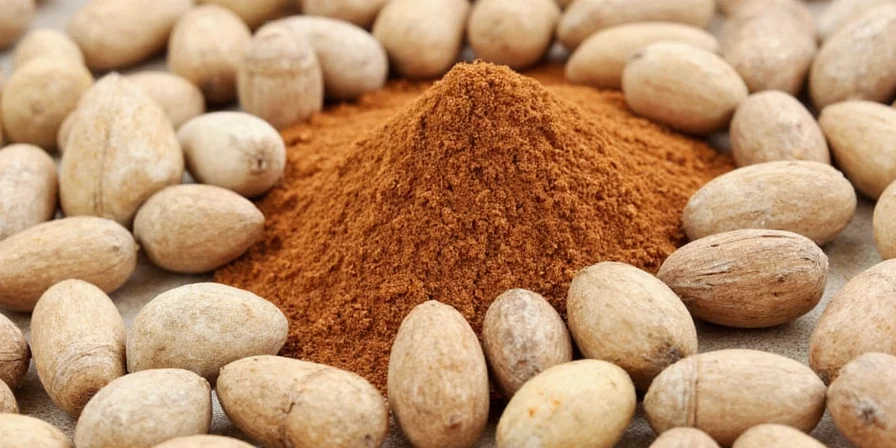
Which Form Works Best for Home Cooking
- Whole nutmeg: Superior flavor when freshly grated; lasts 3+ years if stored properly
- Ground nutmeg: Convenient but loses potency quickly; use within 6 months
Nutmeg Basics: Fresh vs Ground and Storage Tips
Most home cooks don't realize that freshly grated nutmeg delivers dramatically better flavor than pre-ground. The difference comes down to volatile oils that evaporate quickly after grinding. Here's how to maximize your nutmeg's shelf life and flavor impact:
- Storage secret: Keep whole nutmeg in an airtight container away from light; lasts 3-4 years versus 6-12 months for ground
- Grating technique: Use a microplane for finest texture that dissolves easily in dishes
- Freshness test: Press against your thumbnail; vibrant yellow oil stain means it's fresh
- Chef's tip: Buy small quantities of whole nutmeg from spice specialists for maximum freshness

5 Best Nutmeg Uses in Everyday Recipes
Stop wondering what does nutmeg taste like in recipes - these practical applications deliver immediate results:
- Creamy sauces perfected: Add 1/8 tsp freshly grated nutmeg to béchamel or cheese sauces during the last minute of cooking - prevents curdling while enhancing flavor
- Mashed potatoes transformed: Mix 1/4 tsp nutmeg into 4 servings of mashed potatoes for subtle warmth that complements butter
- Ground meat booster: Add to meatloaf, burgers, or meatballs (1/8 tsp per pound) to intensify meaty flavors
- Coffee enhancer: A tiny pinch (1/16 tsp) in coffee grounds reduces bitterness without sugar
- Fruit preservation: Sprinkle sparingly on apple slices or fruit salads to slow browning
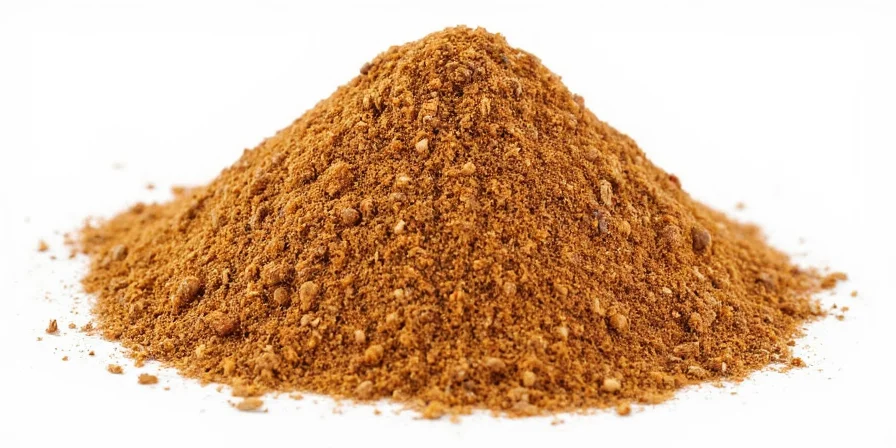
Perfect Flavor Pairings with Nutmeg
Knowing what spices go with nutmeg creates restaurant-quality results at home. These combinations work reliably:
| Food Category | Best Nutmeg Pairings | Proportion Tip |
|---|---|---|
| Dairy dishes | Cinnamon, vanilla, cloves | 1 part nutmeg to 2 parts cinnamon |
| Meat dishes | Sage, thyme, black pepper | Nutmeg should be subtle background note |
| Vegetables | Butter, garlic, lemon zest | Use less with bitter greens (kale, broccoli) |
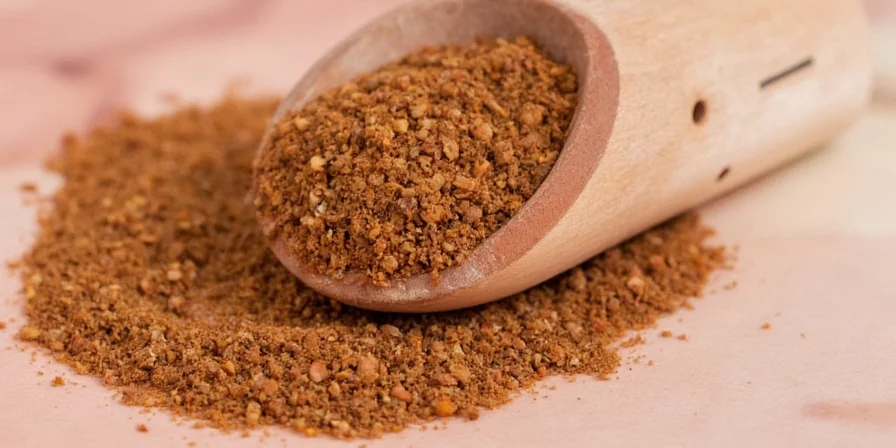
Common Nutmeg Mistakes to Avoid
Understanding how much nutmeg to use prevents ruined dishes. These mistakes happen frequently:
| Mistake | Better Approach |
|---|---|
| Using too much nutmeg (common in baking) | Stick to 1/8 tsp per serving; nutmeg overpowers delicate flavors |
| Adding nutmeg too early in cooking | Add during last 5 minutes to preserve volatile flavor compounds |
| Using old, stale nutmeg | Replace ground nutmeg every 6 months; whole lasts 3+ years |
Why Nutmeg Works: Simple Science Explained
You might wonder why does nutmeg go so well with dairy? The answer is simple chemistry: nutmeg's compounds bind with dairy proteins, preventing curdling while enhancing creaminess. This interaction also creates a subtle perception of sweetness, allowing you to reduce sugar in custards and sauces.
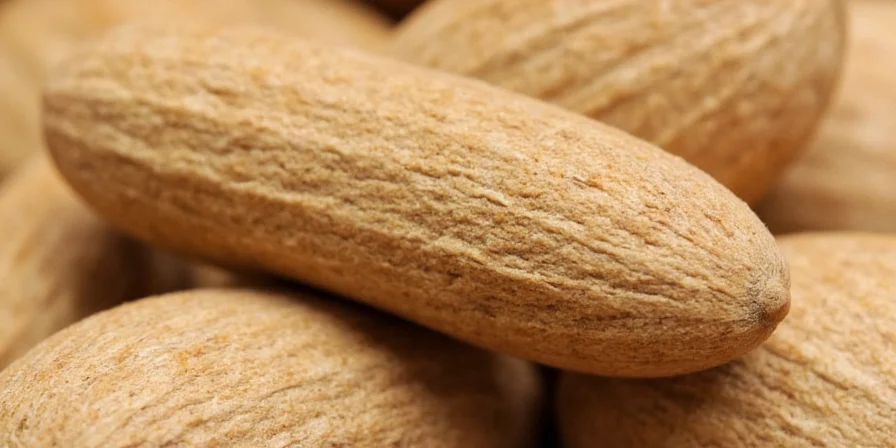
Practical Application Guide
- Add to dairy sauces during final cooking minute for best results
- Combine with black pepper in golden milk recipes for better absorption
- Avoid high-heat cooking - optimal flavor release happens below 160°F (71°C)
- Never exceed 1/4 teaspoon daily for regular consumption
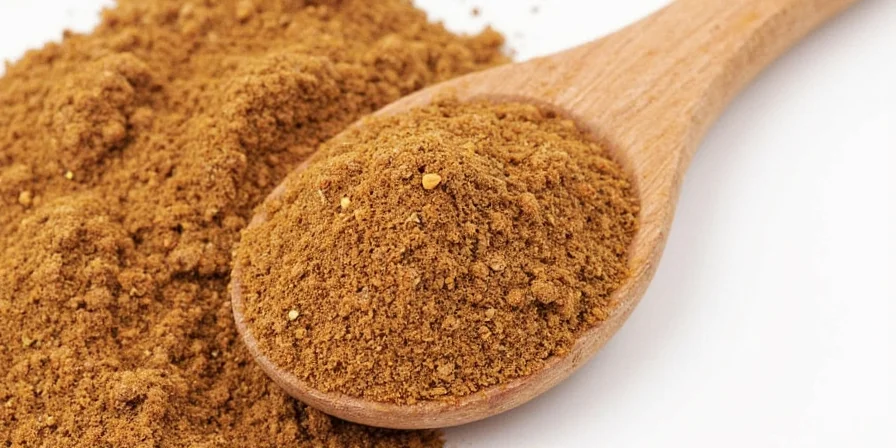
Transform Your Cooking with Proper Nutmeg Usage
For home cooks seeking restaurant-quality results, understanding how to use nutmeg properly makes an immediate difference. Start with small amounts in familiar dishes like mashed potatoes or mac and cheese, then experiment with new applications. Remember that fresh grating makes the biggest difference in flavor quality. When used correctly, this ancient spice becomes your most versatile kitchen tool for adding subtle complexity to everyday meals. Try these simple techniques today and notice the difference in your cooking tomorrow.











 浙公网安备
33010002000092号
浙公网安备
33010002000092号 浙B2-20120091-4
浙B2-20120091-4